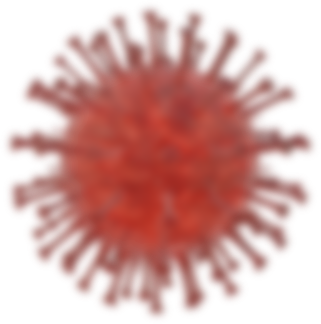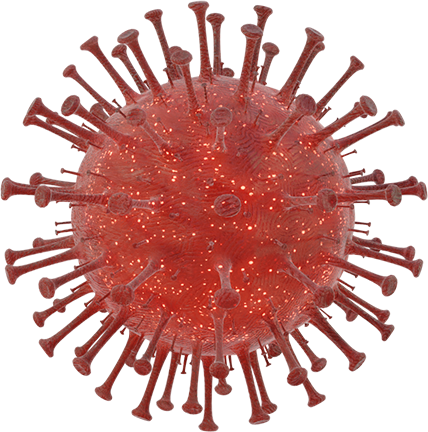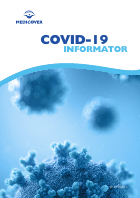



Currently available tests make it possible:
• to confirm SARS‑CoV‑2 infection (RT‑PCR, RT‑LAMP and antigen tests)
• to confirm past infection (anti‑SARS‑CoV‑2 IgG and IgG/IgM antibody determination).
• To check the post-vaccination immune response: quantitative igG test
When is it worth having a coronavirus test?
• An anti‑SARS‑CoV‑2 antibody test, to confirm the infection or check whether your organism has produced antibodies after COVID‑19 infection, is best to be done about 2‑3 weeks after the first symptoms develop.
• RT‑PCR and RT‑LAMP tests are done as soon as possible after symptoms of upper respiratory infection (indicative of COVID‑19) develop or after contact with an infected person, as these tests detect current infection with the virus.
• An antigen test should be done in patients with COVID‑19 symptoms within the first 5‑7 days after they develop.
You can purchase tests and consultations here:
How long does a coronavirus test take?
A coronavirus test usually takes a few minutes to collect the sample (test material) and perform administrative tasks.
Antibody tests require a venous blood sample to be collected. Antigen and genetic tests involve a nasopharyngeal swab or throat and nose swab.
How should I prepare for a coronavirus test?
Take your identity card or other document confirming your identity (the one whose number you gave to the person issuing the referral for the test) with you for the test.
Preparations depend on the type of test. For more information, see below.
How should I prepare for a genetic and antigen test?
Genetic and antigen tests require a nasopharyngeal swab or a throat and nose swab, you need to prepare for these tests.
How to prepare for a COVID‑19 test:
• Come on an empty stomach or have your last meal at least 3 hours before the test.
• Do not brush your teeth.
• Do not chew gum.
• Do not use mouthwash or lozenges.
• Do not blow your nose.
• Do not smoke.
• If you use dentures, remove them before the test.
When should a vaccine antibody test be performed?
This test can be performed after the vaccination schedule is completed (depending on the preparation, after one or two doses), but not earlier than 2 weeks after the second dose of the vaccine (or after the only dose in the case of a single dose vaccine).
What does an anti‑SARS‑CoV‑2 antibody test involve?
An antibody test requires a venous blood sample to be collected. You do not need to fast. This type of test does not require any preparation.
If you are not a Medicover patient, contact a National Health Fund primary care physician.





